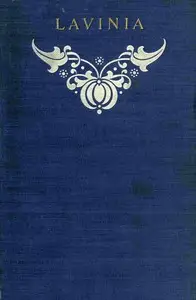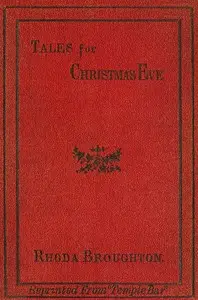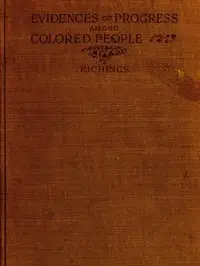"Lavinia" by Rhoda Broughton is a novel written in the early 20th century. The narrative centers around Lavinia Carew and the tumultuous relationships she navigates with her friends and family, particularly concerning Féodorovna Prince's unorthodox declaration of love to a general, which stirs scandal and intrigue. The book explores themes of love, societal expectations, and the complexities of female friendships within a historical setting. At the start of the novel, Lavinia visits her friend Mrs. Prince, who is in distress over her daughter Féo's recent actions. Féo has boldly professed her love to a general, and the conversation unfolds with Lavinia and Mrs. Prince grappling with the embarrassment and societal implications of Féo's behavior. The dialogue reveals insights into Lavinia's character as someone who balances sympathy with a deep-seated incredulity at Féo's pursuit of the general. The mix of excitement and dread about Féo's unconventionality sets the stage for a broader exploration of love and reputation that promises to weave a complex web of social dynamics throughout the story. (This is an automatically generated summary.)

Lavinia
By Rhoda Broughton
"Lavinia" by Rhoda Broughton is a novel written in the early 20th century. The narrative centers around Lavinia Carew and the tumultuous relationships...
Rhoda Broughton was a Welsh novelist and short story writer. Her early novels earned a reputation for sensationalism, so that her later, stronger work tended to be neglected by critics, although she was called a queen of the circulating libraries. Her novel Dear Faustina (1897) has been noted for its homoeroticism. Her novel Lavinia (1902) depicts a seemingly "unmanly" young man, who wishes he had been born as a woman. Broughton descended from the Broughton baronets, as a granddaughter of the 8th baronet. She was a niece of Sheridan le Fanu, who helped her to start her literary career. She was a long-time friend of fellow writer Henry James and was noted for her adversarial relationship with both Lewis Carroll and Oscar Wilde.












